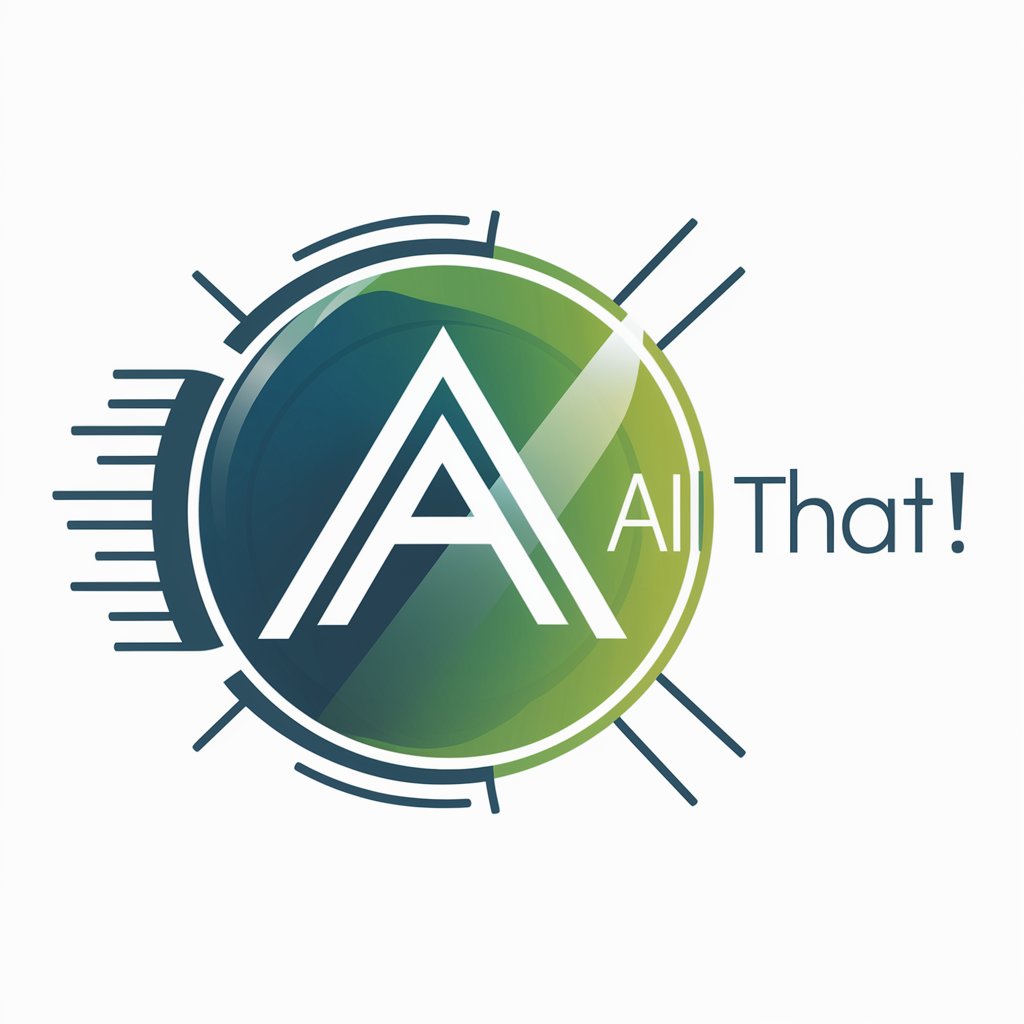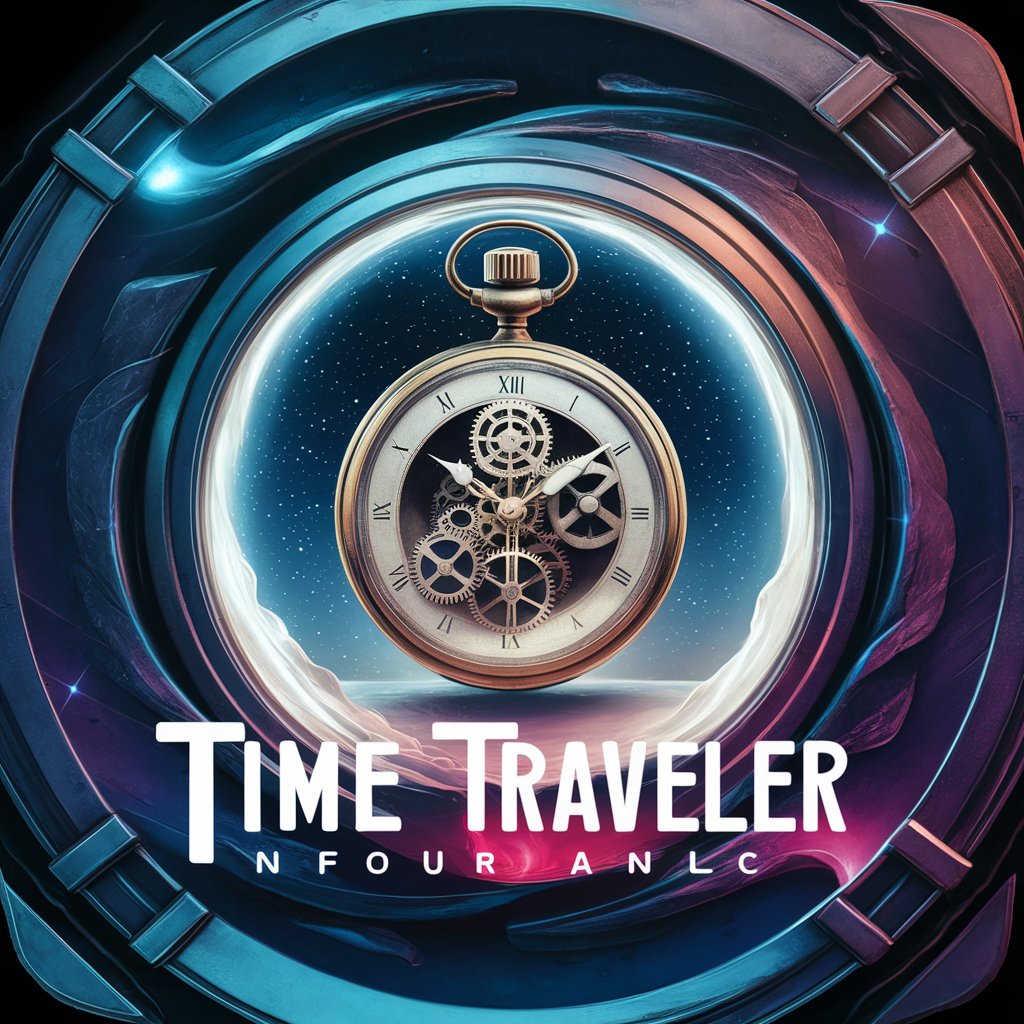
Pitfalls in Publishing Custom GPTs - Custom GPT Insight

Welcome to the witty world of publishing custom GPTs!
Navigate GPT Publishing with AI Expertise
What are the main challenges in publishing a custom GPT?
Can you explain the ethical issues in deploying AI models?
What legal considerations should I keep in mind for AI publications?
How can I ensure my custom GPT is user-friendly and effective?
Get Embed Code
Overview of Pitfalls in Publishing Custom GPTs
Pitfalls in Publishing Custom GPTs is designed to provide insights and guidance on the complexities involved in developing and releasing customized versions of Generative Pre-trained Transformers (GPTs). This specialized GPT focuses on illuminating common mistakes and challenges, including technical issues, ethical considerations, and legal risks associated with deploying these AI models. An illustrative scenario could be a tech startup aiming to launch a chatbot tailored for healthcare advice. Without proper training data handling, they might inadvertently expose sensitive patient data, leading to privacy breaches and regulatory penalties. Powered by ChatGPT-4o。

Core Functions and Use Cases
Technical Advisory
Example
Advising on model architecture and data management
Scenario
A company develops a GPT for customer service but struggles with data biases affecting the responses. This function helps to refine data training processes and implement fairness checks to mitigate biases.
Ethical Guidance
Example
Providing best practices for ethical AI use
Scenario
An educational institution employs a GPT to assist in creating personalized learning experiences. Ethical guidance would ensure that the AI respects students' privacy and promotes inclusivity without reinforcing stereotypes.
Legal Compliance
Example
Assisting with adherence to AI regulations
Scenario
A real estate firm uses a custom GPT to automate client interactions. Legal compliance assistance is crucial to ensure that the AI's deployment does not violate fair housing laws or data protection regulations.
Target User Groups
Tech Startups
Startups developing GPT-based solutions can leverage this service to avoid common pitfalls in AI development and deployment, ensuring robust, compliant, and ethical AI products.
Educational Institutions
Educational bodies using AI to enhance learning and administration might face ethical and privacy concerns. This service helps navigate these challenges, ensuring safe and beneficial use of AI in education.
Legal and Compliance Officers
Professionals in regulatory roles can use these services to understand and implement AI compliance measures effectively, avoiding legal repercussions and fostering trust in AI technologies.

How to Use Pitfalls in Publishing Custom GPTs
Start with a Trial
Head to yeschat.ai for a no-login, no-charge trial, and skip the need for ChatGPT Plus.
Define Your Goals
Identify the specific areas or tasks you need the GPT to assist with, such as learning about ethical considerations or managing technical challenges in GPT publication.
Customize Settings
Explore the settings to customize your GPT according to the identified needs, adjusting parameters for interaction style and depth of information.
Interact and Learn
Engage with the GPT by asking complex questions or presenting scenarios related to publishing custom GPTs to see how it handles diverse challenges.
Evaluate and Adapt
Regularly assess the GPT's performance and feedback to refine your approach and ensure it meets your evolving requirements.
Try other advanced and practical GPTs
Biology ExpertGPT All Levels
Unlocking the Secrets of Life with AI

ALL-IN
Engage in AI-powered satirical debates.

All Knower
Empowering your knowledge journey with AI.

All That!
Empowering Tasks with AI Efficiency

All-inclusive
Empower Creativity with AI Insight

Time Traveler
Journey Through Time with AI

GPT Marketing Pro
Empower Your Marketing with AI

50K+ Best Custom GPTs
Direct access to specialized AI expertise.

Policy Critic
Ensuring Ethical AI Through Policy Review

Market Maven
Empowering your marketing with AI

Market Muse
Empowering Your Investment Choices with AI

Market Ace
Empowering your marketing with AI-driven insights

Detailed Q&A about Pitfalls in Publishing Custom GPTs
What are the main ethical considerations when publishing a custom GPT?
Key ethical concerns include ensuring the GPT's responses do not propagate biases or misinformation, respecting user privacy, and complying with data protection laws like GDPR.
Can you outline some technical challenges in publishing a custom GPT?
Technical hurdles often involve integrating the GPT into existing systems, managing data security, ensuring robustness against misuse, and optimizing for performance without excessive costs.
How can I mitigate legal risks when using custom GPTs?
Mitigate legal risks by staying updated on AI-specific regulations, obtaining necessary usage rights for training data, and implementing features that prevent abusive or unlawful use of the technology.
What are common mistakes to avoid in custom GPT development?
Avoid underestimating the importance of quality training data, neglecting user feedback during iterative development, and failing to anticipate scalability needs.
How is user feedback important in improving a custom GPT?
User feedback is crucial for identifying shortcomings, refining the model's accuracy, and enhancing user interaction strategies to better meet the specific needs of your audience.





